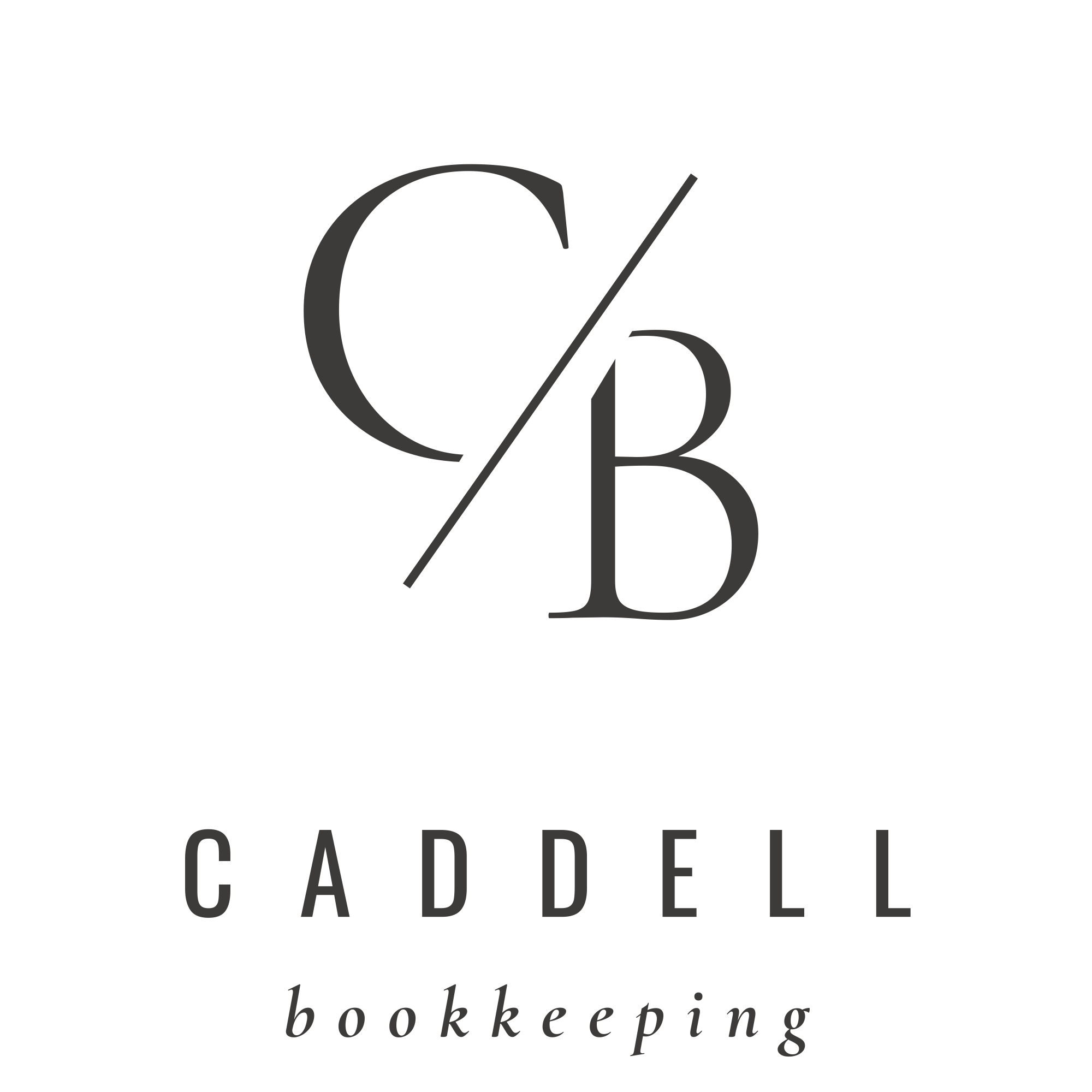FAQ
Concise and practical answers tailored to your business needs and challenges.
Frequently Asked Questions
We cover the essential questions small business owners often have about bookkeeping.
From understanding bookkeeping basics like double entry and digital bookkeeping, to details about service options such as monthly, quarterly, and catch-up bookkeeping, we provide clear, straightforward answers.
You’ll also find guidance on hiring a bookkeeper, the differences between bookkeeping and accounting, and practical resources to help you manage your business finances effectively.
Double entry bookkeeping records every transaction twice: once as a debit and once as a credit in different accounts. This method provides a complete and accurate financial picture, making error detection easier and financial statements more reliable.
Single entry bookkeeping records each transaction only once, usually as income or expense. It’s simpler but provides limited financial information and is best suited for very small businesses with straightforward finances.
Bookkeeper fees vary based on services and business size. For ongoing support, many choose options like our monthly bookkeeping services to fit their budget and needs.
Bookkeeping involves recording daily transactions, reconciling accounts, categorizing expenses, and preparing financial reports. You can manage this yourself or hire a professional for accuracy and time savings.
A full charge bookkeeper handles all bookkeeping tasks, from recording transactions to preparing reports and managing payroll, providing comprehensive financial record keeping.
Bookkeeping is the process of recording financial transactions, while accounting involves interpreting, classifying, analyzing, and reporting that data to help make business decisions.
A bookkeeper records financial transactions, reconciles accounts, manages invoices, and prepares reports to ensure accurate financial records.
Bookkeeping services involve maintaining accurate financial records through transaction tracking, reconciliation, and reporting to support business operations.
Digital bookkeeping uses cloud-based software like QuickBooks or Xero to record and manage financial data electronically, improving accuracy and accessibility.
Look for experienced professionals with good references and familiarity with your industry. You can also book a call with us to discuss how we can help.
Define your needs, check qualifications, and interview candidates. Hiring a professional ensures your books are accurate and compliant.
Bookkeepers handle transaction recording, bank reconciliations, payroll support, and financial reporting to keep your business finances organized.
Bookkeeping keeps your financial data accurate and up to date, helping you manage cash flow, prepare taxes, and make informed decisions.
If you want accurate records and more time to focus on your business, hiring a bookkeeper can be a smart investment.
A bookkeeper saves you time, reduces errors, and ensures your financial records comply with regulations.
Quarterly bookkeeping involves reviewing and reconciling your financial records every three months to keep your books accurate and up to date.
Costs vary by business size and complexity. Our quarterly bookkeeping services offer transparent pricing tailored to your needs.
It includes transaction review, bank reconciliations, financial reporting, and preparation for tax filing every quarter.
The process typically takes a few days per quarter, depending on transaction volume and business complexity.
Monthly bookkeeping is the regular recording and reconciliation of financial transactions each month to maintain accurate books.
Pricing depends on your volume of transactions and services needed. Our monthly bookkeeping services are designed to fit various budgets.
It includes transaction recording, bank and credit card reconciliations, expense categorization, and monthly financial reports.
Monthly bookkeeping usually takes a few hours to a few days, depending on your business size and transaction volume.
Yearly bookkeeping is a comprehensive review and reconciliation of your financial records at the end of the fiscal year, preparing your books for tax filing.
Costs vary by business complexity. Yearly bookkeeping is often part of broader services, such as our quarterly or monthly packages.
It includes full account reconciliation, error correction, year-end financial statements, and tax preparation support.
The process can take from several days to a few weeks, depending on your records’ condition and business size.
Start by organizing your receipts and bank statements, then reconcile accounts and correct errors. For professional help, consider our bookkeeping clean up services.
Catch-up bookkeeping involves bringing your financial records up to date after falling behind, ensuring accuracy and compliance.
Review all transactions, reconcile accounts, correct errors, and organize documents. Our bookkeeping clean up services can make this process easier.
Bookkeeping clean up is a service that helps businesses organize, correct, and update their financial records to ensure accuracy and readiness for tax season.

